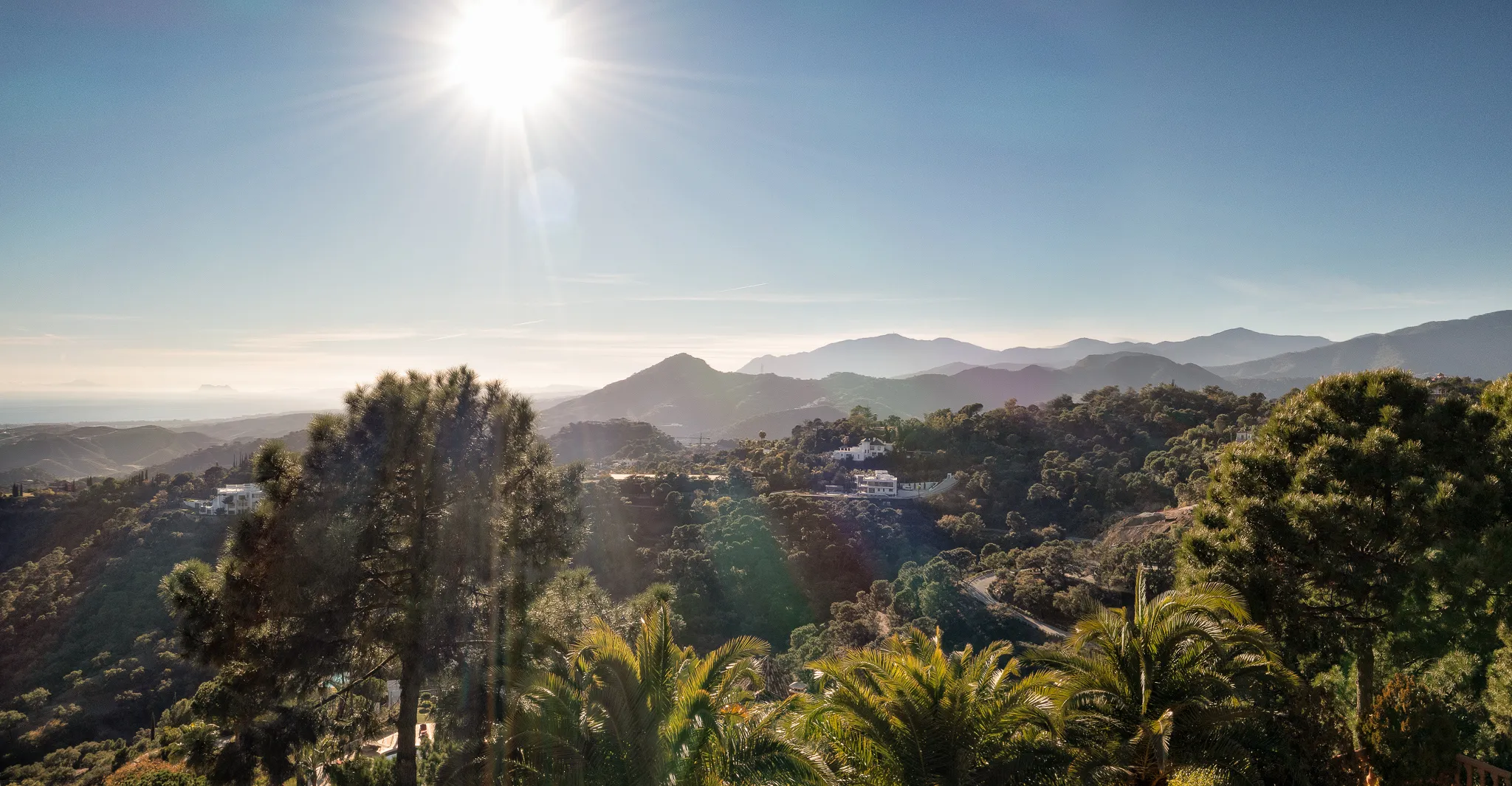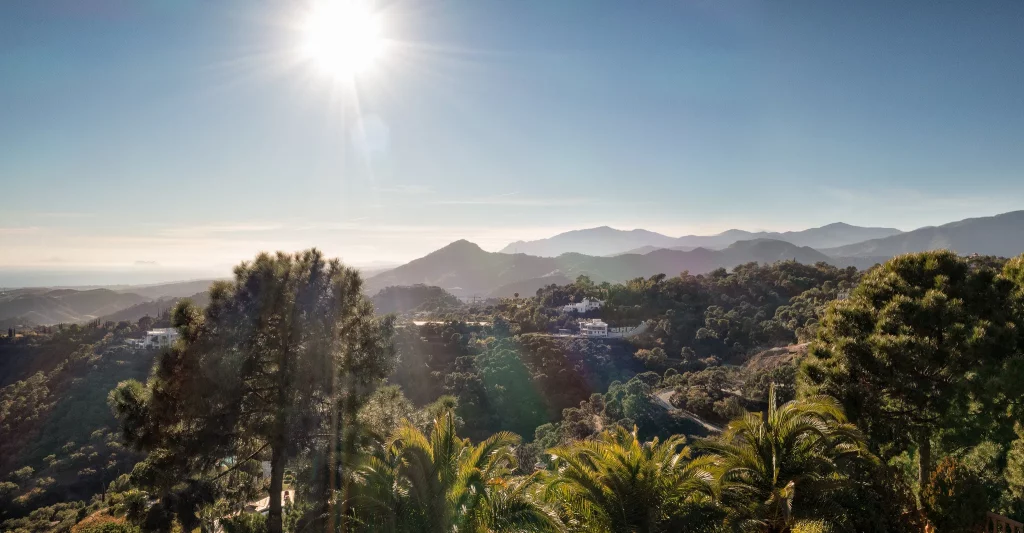
The double face of tourism. On the one hand, it produces undoubted benefits for tourist-receiving societies. Among other advantages, new jobs are generated, infrastructures and services are improved, economic income is increased, and the conservation of cultural, archaeological or natural sites is promoted. On the other hand, mass tourism can become an overflowing river that causes negative impacts on the local environment: exodus of the local population, noise, congestion of public services, higher rents, closure of traditional shops, etc.
Summer means going on holiday for many of us. According to the World Tourism Organisation (UNWTO), over 900 million people travelled abroad in 2022. Although tourism creates jobs and infrastructures, brings in money, and promotes cultural exchange and heritage conservation, it also generates high quantities of waste and air and noise pollution, damages ecosystems, and can give rise to social and economic issues, such as overcrowding, traffic congestion, loss of traditions, poorly paid employment and economic dependence.
Increasing awareness of the impact tourism has on the environment has led to global efforts to reduce its negative effects and the birth of a new model of sustainable tourism. Several of UNWTO’s Sustainable Development Goals (SDGs) target sustainable tourism, outlining the need for new policies at local, state and national levels as well as promoting responsible tourism. These goals and awareness-raising initiatives are positively influencing personal tourist behaviour, with demand for sustainable travel on the rise. According to this year’s Sustainable Travel Report by Booking.com, 74% of 33,228 respondents in 35 countries and regions, said that sustainability was a priority and that they wanted more sustainable travel choices.
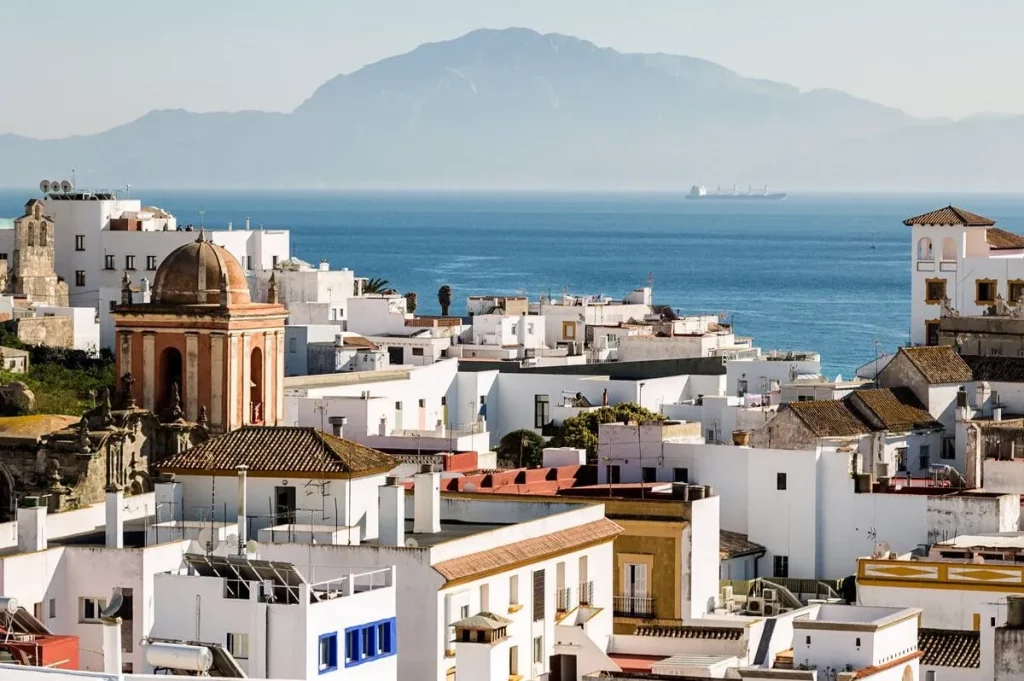
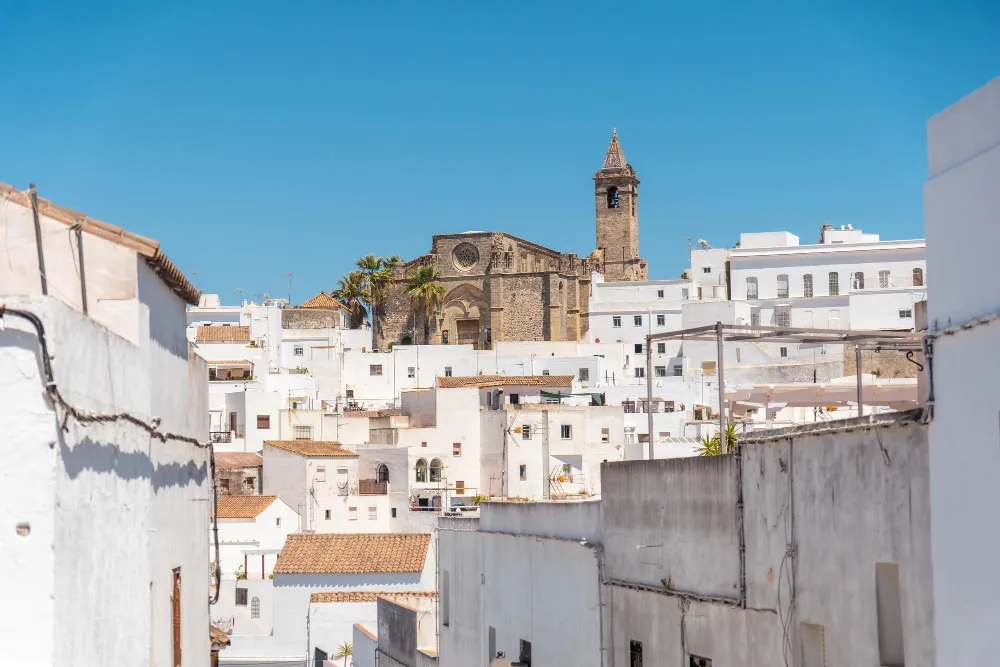
The impact of tourism on the environment
Tourist infrastructures
Construction of roads and airports, hotels, restaurants, shops, marinas and other amenities, has a huge impact on natural habitats and ecosystems. These infrastructures and the tourists they serve, contribute to depletion of local resources, such as energy and water; degradation of the land, through soil erosion, deforestation and waste disposal, such as littering and sewage, which in turn, lead to loss of wildlife habitats.
Hotels and other tourist accommodation types are high energy consumers, using between 2,500 and 7,500 kWh per day (more than an average family consumes in a year!). They account for 2% of the 5% global carbon dioxide (CO2) emitted by the tourism sector, with an average hotel producing an estimated 274 million tonnes (Mt) of CO2 emissions per day. A single tourist can emit 10 to 102 kilograms of CO2 per day in a standard hotel room.
Transport
Transport is vital to tourism, but cars, motorcycles, aeroplanes, trains and buses are the main sources of greenhouse gas emissions (GHG) in the industry. Numerous studies have shown that around 8% of global GHGs are generated by transport and they predict that this figure will continue to rise. According to the International Air Transport Association (IATA), air traffic alone produces 2% of all global emissions.
Experience Sustainable Luxury: Discover how Marbella Mountain Resorts combines eco-conscious living with luxury experiences. Explore our sustainable amenities and locally sourced cuisine.

Measuring the sustainability of tourism
Tourists and service providers alike are increasingly recognising the importance of sustainable tourism and the need to implement measures to reduce their carbon footprint and preserve the environment and its resources.
The UNWTO has defined a common framework for companies in the tourism sector wishing to measure their impact on the environment. The three key points to consider for this measurement are:
- Electricity and energy consumption in kWh for every m2 of building space.
- Amount of water consumed in litres or m3 per guest/day.
- Number of kilograms and/or litres of waste per guest/day.
On an individual level, tourists can calculate their own carbon footprint for every journey they make by using an online Carbon Calculator. By providing the information required, the calculator automatically generates the number of tonnes of CO2 generated for each trip.
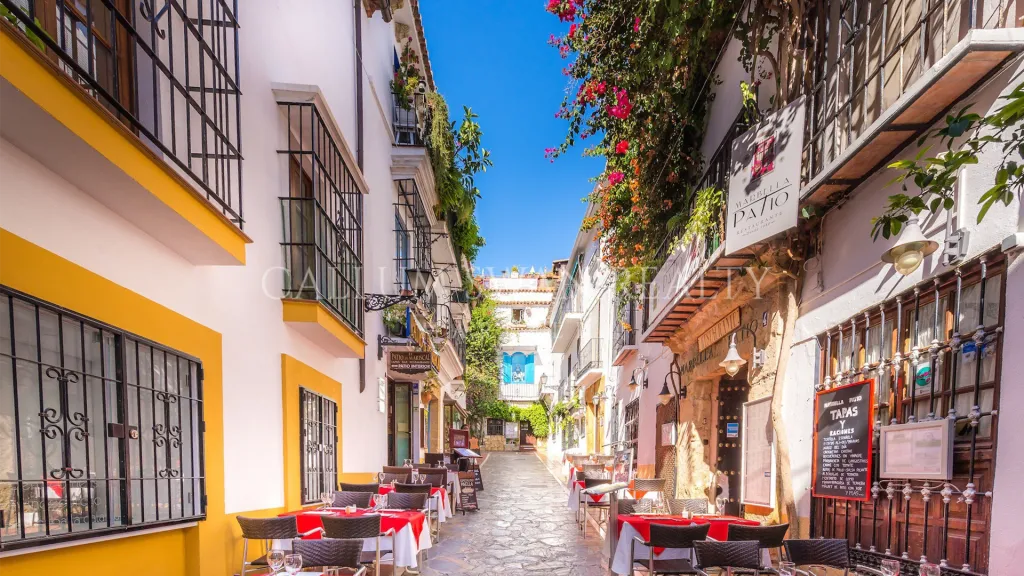
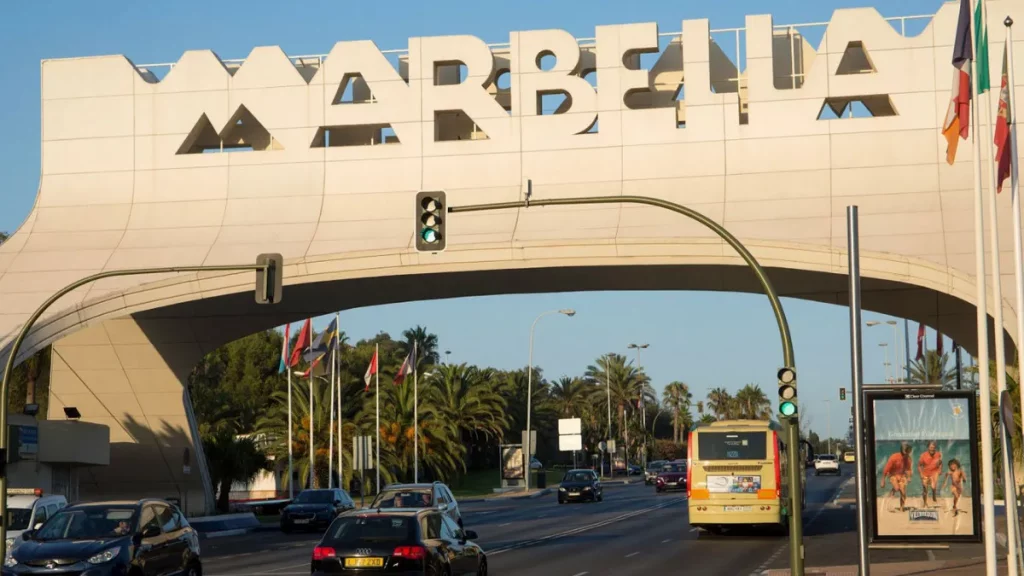
Sustainability in Spain
Spain is the second most visited country in the world, after France, with more than 71 million international tourists spending their holidays here in 2022. Hardly surprising given its 300+ days of sunshine per year, pristine blue flag beaches, world-famous gastronomy, 53 UNESCO World Heritage sites, 49 natural areas – including the highest number of biosphere reserves in the world – its ranking as one of the 25 safest countries, according to the Global Peace Index, and outstanding health system and infrastructure.
In line with the UN 2030 Agenda for Sustainable Development and its 17 SDGs, Spain has launched its 2030 Sustainable Tourism Strategy, which lays the foundations for a new model of sustainable tourism.
Spain is leading the way in renewable energy initiatives, ranking first in the Corporate Power Purchase Agreement (PPA) Index and holding the 8th position worldwide in the Renewable Energy Country Attractiveness Index 2022. Madrid and Barcelona are ranked among the top 30 sustainable cities, according to the Sustainable Cities Index, and many other Spanish cities are following in their footsteps through low-carbon infrastructure initiatives which aim to benefit both their citizens and visitors.
Spain’s rail companies are actively participating in the fight against climate change, with high-speed electric trains that are 100% powered by carbon-free renewable energy; schemes such as Train+Bike to promote continuity of sustainable travel; and environment and ecosystem protection initiatives.
Spain has invested heavily in electric car production in recent years and is now facing the challenge of creating the charging infrastructure. According to Electromaps, there are 12,149 charging stations in Spain. Many Spanish energy companies, such as Repsol, Iberdrola, EDP and Endesa X, are planning to install more fast-charging points, and provide access cards and apps to locate, book and pay for chargers. Increasingly more hotels and other tourist service-providers supply their own chargers.
The Balearic Islands aim to install recharging points in car parks and are experimenting with sustainable mobility schemes in large workplaces, electric holiday rental cars, on-demand electric public transport using a mobile app and car-sharing schemes. One of the initiatives planned by the Canary Islands is to provide free on-street parking for electric vehicles.
The #SlowTravelSpain campaign was launched by the Spanish tourist office in 2022 and promotes sustainable forms of travel in Spain and its islands, showcasing low-impact tourist activities and highlighting the importance of cultural connection and a more authentic tourist experience.
Explore Marbella’s Green Oasis: Dive into Marbella’s commitment to sustainability and smart tourism. Learn how we reduce waste, use renewable energy, and support the local community.

Focus on Marbella: a sustainable Smart City
Marbella is well-known for its beautiful beaches, glitz and glamour, luxury living and first-rate amenities. The “capital of chic” came in second in the European Best Destination awards in 2022 and was recognised as the “most exclusive and prestigious destination in Europe”. Not surprisingly, Marbella is a hugely popular destination choice for tourists and has seen its fair share of mass tourism over the decades.
But in recent years, Marbella city has increasingly shown its commitment to sustainability and respect for the environment and, in line with its 2022 Strategic Plan, continues to implement measures to achieve a greener future, including using renewable energy sources, such as wind and solar power, introducing low-emission zones, and promoting local organic produce and eco-tourism. Marbella is the first city in Andalucía and third in the world to have been awarded the title of Smart Tourist Destination by the Institute of Spanish Tourism Quality (ICTE). Promoted by SEGITTUR, the State Department of Tourism, as part of their Smart Destinations project, this is an international initiative aimed at implementing a new model of governance and co-responsibility in tourism. The Costa del Sol’s zero-carbon initiative awards certificates to companies in Andalucía that show their commitment to reducing emissions and take part in reforestation schemes.
Other measures implemented in Marbella include upgrading public lighting to LEDs, improved recycling management, more efficient energy use, air pollution controls, creation of a new network of cycle lanes and urban greening. Many of Marbella’s shops and boutiques are doing their part by replacing single-use plastics with reusable bags, selling more eco-friendly products and donating to causes to preserve the environment.
Spain has always been renowned for its gastronomy and initiatives to preserve traditional methods of agriculture are high on the agenda. There is no shortage of shops, restaurants and local farmer’s markets in Marbella which sell freshly sourced, local and seasonal foods.
Marbella actively promotes sustainable forms of getting around, especially through pedal power, and has a total of cycling routes to explore. The city has recently started rolling out its smart bicycle parking spaces, which include lockers for cyclists’ belongings and chargers, and an app to reserve spaces. The comprehensive urban bus network is free of charge for residents. For those with electric cars, there are 19 charging stations in Marbella and 373 in Malaga province.
Sustainable luxury living is also a rising trend in Marbella, with companies responding to client demand for a more eco-conscious lifestyle, architecture, and locally sourced sustainable materials.
Marbella Mountain Resorts – our commitment to sustainability
As a company, Marbella Mountain Resorts is always looking at greener ways of working.
- Our staff are being trained on how to use resources more efficiently and how to reduce their own carbon footprint. The operational teams are trained to turn off the lights and electrical devices that are not being used by customers.
- Our cleaning teams use ecological and biodegradable cleaning products. We group the work shifts so that several workers can use the same transport.
- Our Chefs use zero KM products designing menus according to seasonal products, local gastronomy and local wines.
- We have changed the small jars of amenities for large refillable jars.We ask our clients to keep the towels for the maximum number of days possible.
- We have installed a water-bottle filling station in the office as well as recycling bins, and our office is kitted out with sustainable furnishings and reusable or biodegradable materials.
- We opt for almost a 100% paperless processes and promote a hybrid model of working, with two days on remote.
- We make use of smart technology to lower our energy consumption, such as rooms sensors and thermostats with occupancy sensors and encourage the use energy-saving lighting & solar panels.
- Irrigation of the property’s gardens is reduced during the summer season.We ask our owners to switch all light bulbs on the property to energy efficient bulbs and automate nighttime lighting schedules.We ask our owners to change the use of chlorine for salt in the pools.
- We encourage our employees to apply these principles in their private lives.

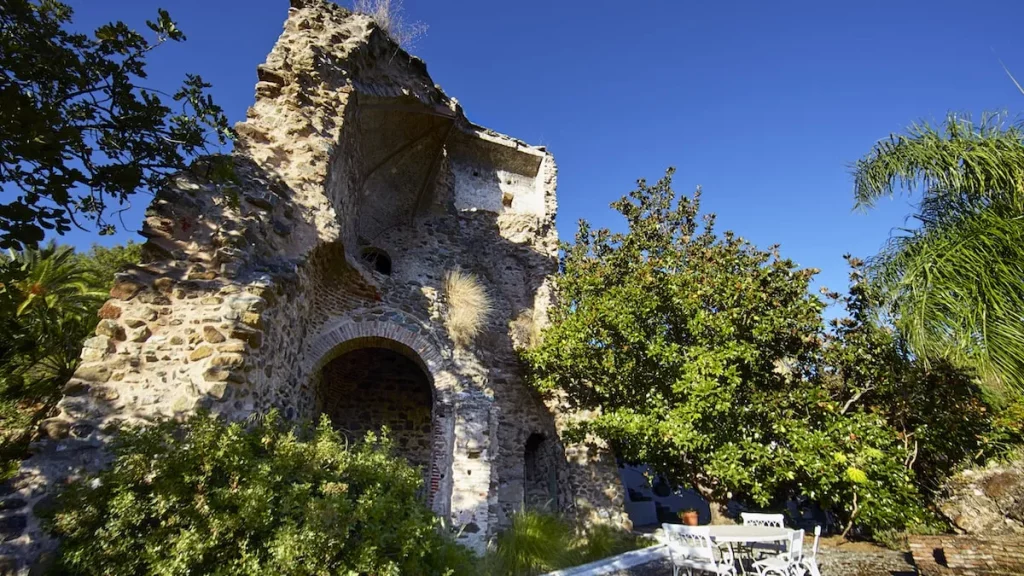
Sustainable Tourism goals
- Efficient use of resources: reducing use of non-renewable resources, improving energy efficiency and responsible handling of harmful substances
- Environmental purity: recycling waste products, reducing global pollution and use of more sustainable transport.
- Economic viability: finding long-term economic benefits of sustainability for the prosperity of the sector.
- Quality employment: creating an employment model that is free from discrimination and provides good working conditions.
- Social equity: supporting the fair distribution of wealth generated by tourism for all host communities.
- Safety and security: avoiding discrimination and supporting tourist satisfaction and safety.
- Local control: involving clients, local populations and staff in decision-making for tourism in their area.
- Community wellbeing: providing communities with the infrastructures, services and resources to improve their residents’ quality of life.
- Cultural heritage: conserving the culture and cultural heritage of diverse populations.
- Ecosystem integrity: avoiding the exploitation of natural resources to conserve and enhance the landscape.
- Economic prosperity: aiming for wealth and wellbeing for tourism destinations.
- Ecological diversity: respecting ecosystem diversity and reducing its exploitation.
Unwind in Nature’s Embrace: Immerse yourself in Marbella’s lush landscapes and responsible tourism practices. From energy-efficient accommodations to zero KM dining, our resort offers an eco-conscious escape.

 Español
Español Chino simplificado
Chino simplificado Ruso
Ruso Inglés
Inglés